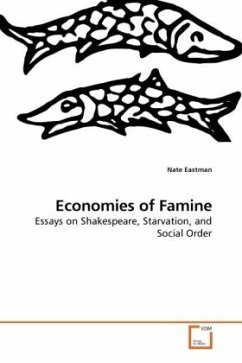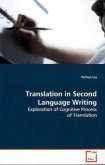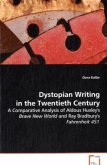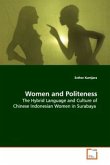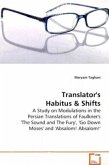By 1597, years of torrential rains had devastated English agriculture, flooding fields and raising grain prices beyond the means of market-dependent poor -- a misfortune made crisis by a long-term decline in wages and the crippling of traditional charitable supports. But, perhaps for the first time in English history, Crown and municipal interventions in grain markets relieved the worst effects of these harvest failures, demonstrating both the potential benefits of comprehensive government policy and the potential disasters of policy failure. Famine consequently emerged in the late sixteenth century as a grammar of social and political organization, and became a rhetoric through which the abstractions of governance were made visible in poetry, drama, and pamphlet literature. In these essays, Nate Eastman charts the development of contemporary understandings of this crisis, known as the "Great Dearth," revisiting his research, publications, and presentations on the relationships between economics, famine, dearth, and Early Modern literature.
Bitte wählen Sie Ihr Anliegen aus.
Rechnungen
Retourenschein anfordern
Bestellstatus
Storno

